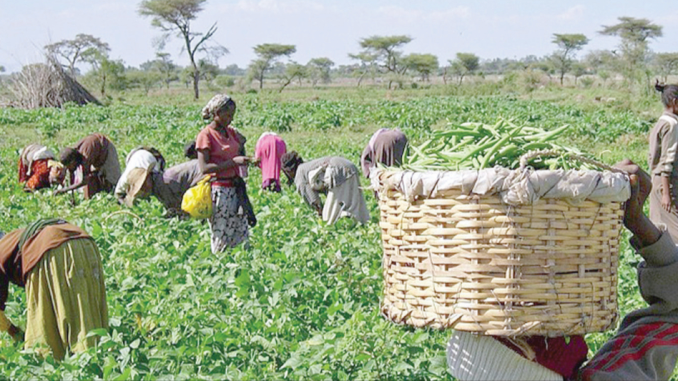For Nigeria to attain food self sufficiency, the country’s current food systems need to be transformed to help her achieve Sustainable Development Goals agenda, not only through production technologies but also entrenching sustainable and inclusive food systems in the structure of governance and administration.
This was part of the conclusions reached by the Food and Agriculture Organisation of the United Nations (FAO) as contained in the recently released Nigeria Food Security Assessment profile.
The assessment gathered a wide range of food system actors in Nigeria through a consultation process where they shared views on key issues and challenges and analysed potential solutions.
They noted that the current food systems are unable to fulfil their purpose of providing nutritious and healthy food for all and contributing to enhanced livelihood opportunities in an environmentally sustainable way.
According to a statement issued by FAO Nigeria office yesterday, gaps such as low yeilds, post-harvest losses, food safety concerns and climate change impacts, coupled with weak implementation of relevant policies and legislation, are combine to stagnate the country’s agriculture production.
The assessment was part of a joint initiative launched by the European Union (EU), FAO, and the French Research Centre for Agricultural Development, (CIRAD) in collaboration with the Government of Nigeria.
Its purpose was to identify key constraints and entry points for understanding the bottlenecks to sustainable food systems, and to propose innovative policy and investment solutions to make food systems more sustainable and inclusive.
Commenting on the report, FAO country representative in Nigeria and ECOWAS, Fred Kafeero highlighted four key challenges hindering the country from transitioning towards a desirable sustainable food system are highlighted therein.
These includes food system vulnerability to internal and global shocks; underdeveloped agrifood value chains; food system vulnerability to climate change and natural resource degradation and poor diet quality and high prevalence of food and nutrition insecurity.





